BY ADAM KENT-ISAAC
Meadowood Retirement Community is home to many veterans, including several who served in World War II. Now in their 80s and 90s, they are often referred to as America’s “Greatest Generation.” Here are four who served their country with distinction.
Richard K. Curtis, 88, flew the legendary P-51 Mustang in exactly 51 missions in the European Theatre with the 15th Air Force. He received the Distinguished Flying Cross for “taking out” a Nazi train. “There was flak on all sides, and I continued shooting until the locomotive burst,” says Curtis. “I was just lucky.” That sentiment became the title for the book he authored, Dumb But Lucky: Confessions of a P-51 Fighter Pilot in WWII, which was published by Random House in 2005.
John W. Fox, 93, was a supply officer with the First Air Command, which airlifted an international infantry force 150 miles behind Japanese lines in central Burma. “We had a part in stopping the Japanese advance into India,” he says. “But the most important thing is that I met Ella Wade, who, it turned out, had lived about fifty miles away from me in South Bend.” The two married in 1946 and are still going strong. “That was the end of my Army experience…but not the end of the war!” laughs Fox.
Ella Wade Fox, 96, says, “Everybody I knew was doing something in the war, and I wanted to, so I volunteered for the Red Cross.” After two weeks of training stateside, she was put on a ship with no destination announced. “It was only after two days at sea that we learned we were headed for India.” She was first assigned to a base in Bengal, to run an enlisted men’s club; it was there that she met future husband John at a dance, although, she says, “he never saw the inside of my club because he was an officer!” She later served in the Himalayas and Karachi, Pakistan.
Eugene A. Merrell, 90, had a long military career with 29 1/2 years of active duty and six in the reserves. He began aviation training in 1942 and “flew one hundred twenty hours a month until the war ended,” he says. He left the service after World War II but returned to duty for the Korean War, serving aboard a B-36 bomber.
Later, as the personal pilot for a general, Merrell got to sit in the control center during Alan Shepard’s 1961 spaceflight. He continued his career flying C-130 cargo planes to Vietnam in 1965 then became a professor of aerospace studies at Indiana University while also acting from 1968 to 1975 as a VIP pilot for distinguished officials. “I was a two-faced guy,” says Merrell. “I flew a desk and a plane!” He retired in 1978 as a lieutenant colonel.


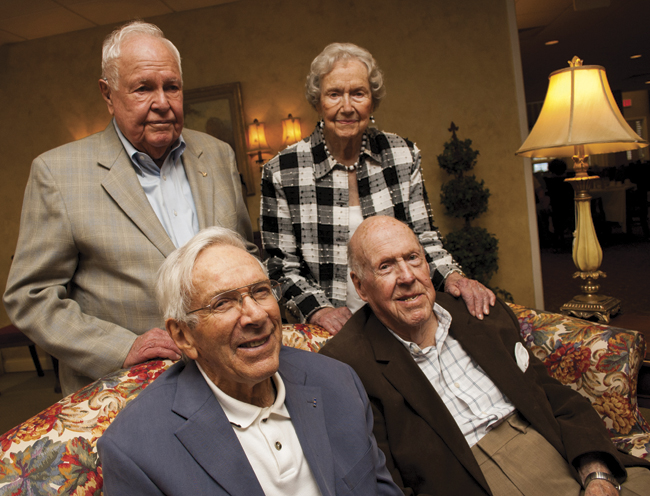
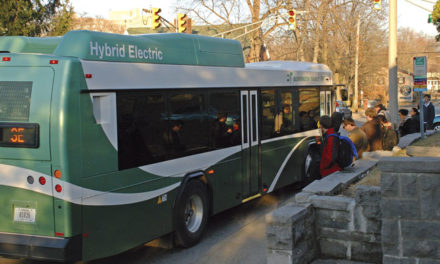
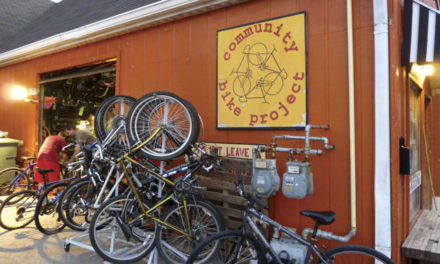
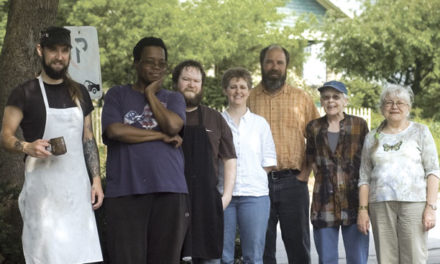
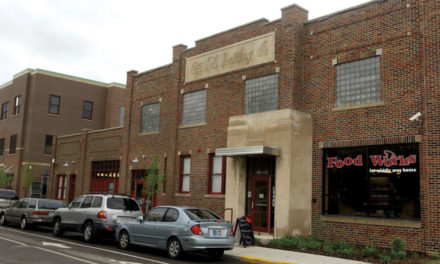





Right on! Thank you Richard, John, Ella and Eugene for your service. And thank you Bloom for the reminder that there are really heroes that live among us.
my grandpa makes me so proud!
I just finished ‘DUMB BUT LUCKY’. I found it very interesting and informative. Thank you Richard Curtis for writing about your experiences. And, thank you all who served so gallantly in World War II. I wish I could meet more of you.